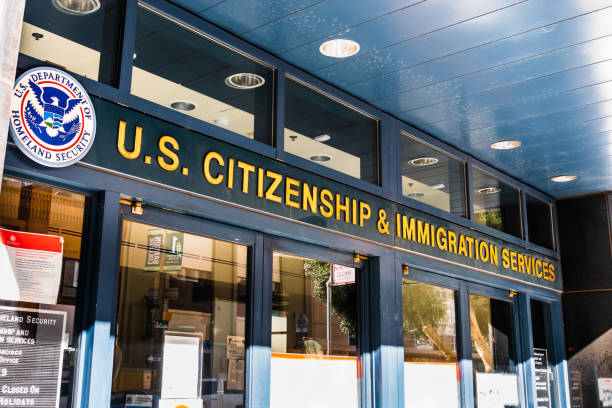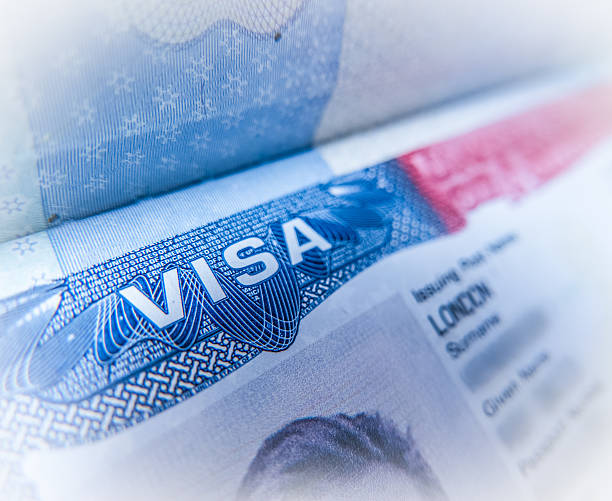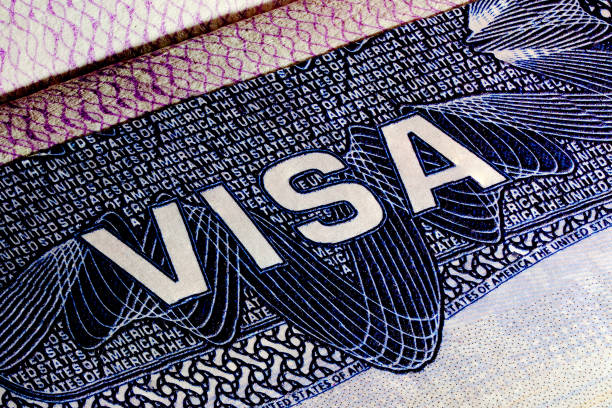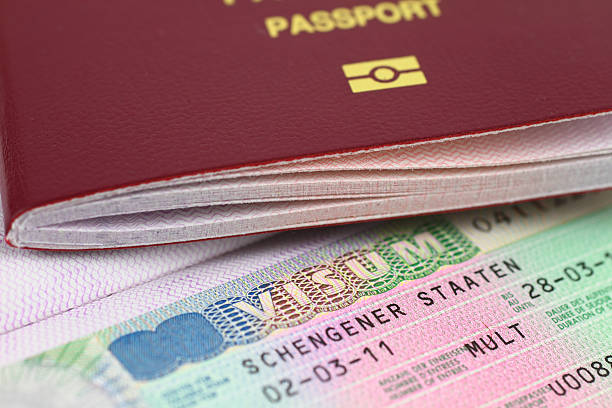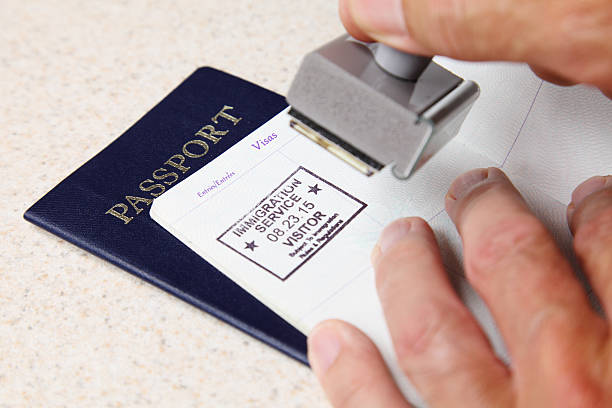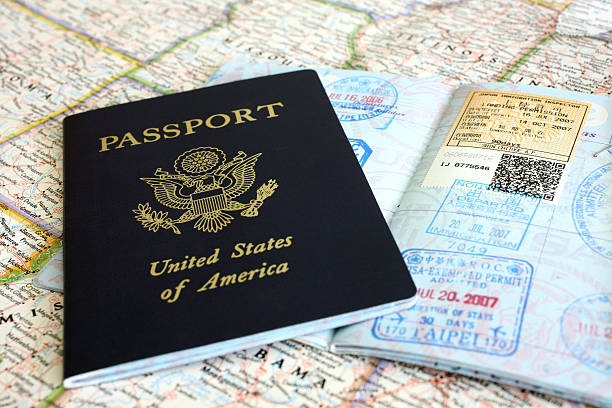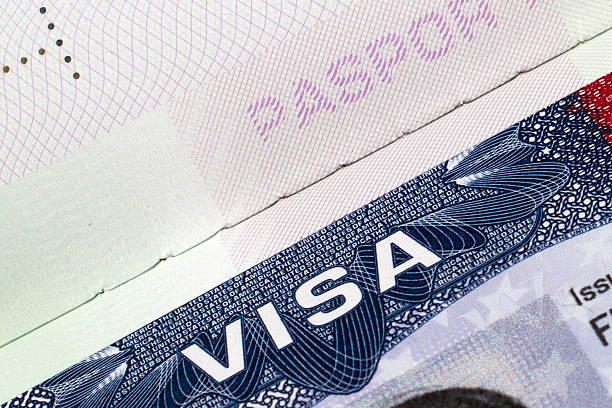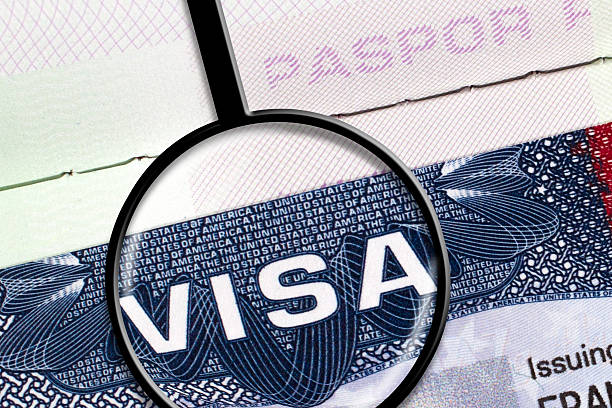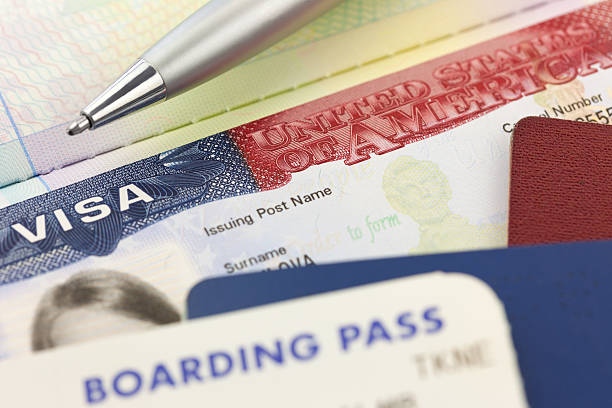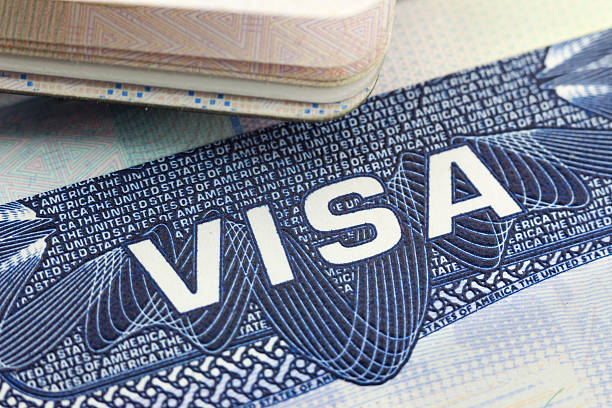
The Role of Cultural Adaptation in Immigration Success
The Role of Cultural Adaptation in Immigration Success
Immigrating to a new country is a significant life event that comes with a myriad of challenges and opportunities. One of the key factors influencing the success of an immigrant's journey is cultural adaptation. Understanding and embracing the cultural nuances of the host country can greatly impact an immigrant's ability to integrate, find employment, build social networks, and ultimately thrive in their new environment. This guide explores the crucial role of cultural adaptation in immigration success and offers practical tips for navigating this process effectively.
Understanding Cultural Adaptation
Cultural adaptation refers to the process by which individuals adjust to a new culture, adopting its norms, values, customs, and behaviors while maintaining aspects of their original culture. This process is essential for immigrants as it helps them navigate daily life, establish social connections, and achieve personal and professional goals in their new country.
The Stages of Cultural Adaptation
Cultural adaptation is typically experienced in several stages, each with its own set of challenges and emotional responses:
- Honeymoon Stage: Initially, immigrants may feel excitement and fascination with the new culture. This stage is characterized by a sense of adventure and optimism.
- Negotiation Stage: As the initial excitement wears off, immigrants may face difficulties and frustrations as they encounter cultural differences and challenges. This stage can involve feelings of homesickness, stress, and confusion.
- Adjustment Stage: Gradually, immigrants begin to understand and navigate the new culture more effectively. They develop coping strategies and start to feel more comfortable and confident in their new environment.
- Mastery Stage: In this final stage, immigrants have successfully integrated into the new culture while maintaining aspects of their original identity. They feel at home in their new country and can function effectively in both personal and professional settings.
Importance of Cultural Adaptation in Immigration Success
Cultural adaptation plays a pivotal role in various aspects of an immigrant's life, contributing to their overall success and well-being:
- Social Integration: Understanding and embracing the host country's culture helps immigrants build meaningful relationships and social networks, reducing feelings of isolation and loneliness.
- Employment Opportunities: Cultural competence enhances an immigrant's ability to navigate the job market, understand workplace norms, and communicate effectively with colleagues and employers.
- Educational Achievement: For immigrant students, adapting to the educational culture of the host country is crucial for academic success and personal development.
- Mental Health: Successfully adapting to a new culture can reduce stress and anxiety, contributing to better mental health and overall well-being.
- Community Engagement: Immigrants who adapt well are more likely to participate in community activities, volunteer work, and civic engagement, enriching the social fabric of their new home.
Practical Tips for Cultural Adaptation
1. Learn the Language
Language is a fundamental aspect of cultural adaptation. Invest time in learning the language of your host country, as it will facilitate communication, enhance your understanding of the culture, and open up opportunities for social and professional interactions.
2. Embrace Cultural Differences
Approach cultural differences with an open mind and a willingness to learn. Embrace new customs, traditions, and social norms, and try to understand the perspectives of the people around you.
3. Build a Support Network
Connect with other immigrants and locals who can provide support, advice, and companionship. Join community groups, cultural associations, or social clubs to expand your social network and find a sense of belonging.
4. Participate in Cultural Activities
Engage in cultural activities and events in your new country. Attend festivals, exhibitions, and local celebrations to immerse yourself in the culture and meet new people.
5. Seek Professional Help if Needed
If you experience significant difficulties in adapting to the new culture, consider seeking professional help from counselors or support groups specializing in immigration and cultural adaptation.
6. Maintain Your Cultural Identity
While adapting to the new culture, it's important to maintain your cultural identity. Celebrate your own traditions and customs, and share them with others to enrich the cultural diversity of your new community.
Conclusion
Cultural adaptation is a vital component of immigration success. By understanding and embracing the culture of the host country, immigrants can navigate the challenges of their new environment, build meaningful connections, and achieve their personal and professional goals. While the process of cultural adaptation may be challenging, it is also an opportunity for growth, learning, and enrichment. With an open mind and a proactive approach, immigrants can successfully integrate into their new culture and thrive in their new home.








